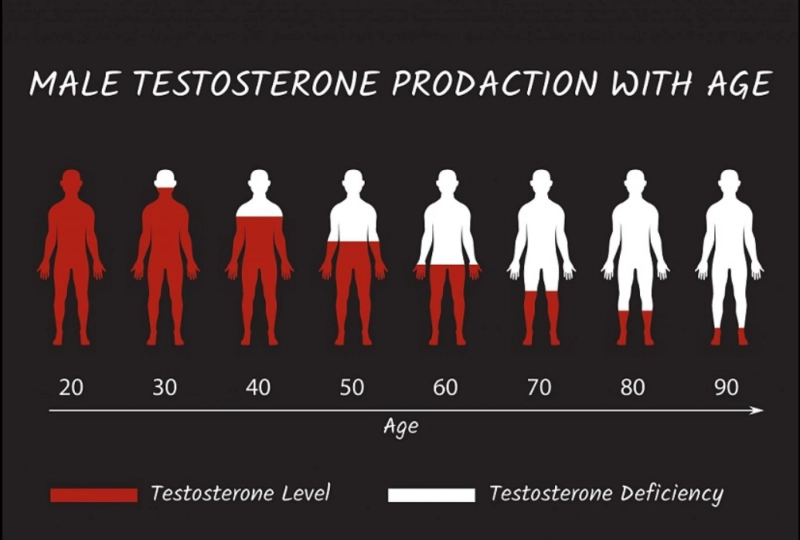Low T or low testosterone is a common medical condition among many men, especially when they grow old. The effects include loss of energy, low sexual desire, and weak muscles. When you possess any of the symptoms mentioned above, then you might be facing a case of low testosterone. But do not worry, as there is good news waiting for you. There exists low testosterone in men treatment that will enable you to regain hormonal balance and improve your lifestyle once again.
New Jersey Low Testosterone Treatment: Solutions Close to Your Home
For men in New Jersey, there are specific clinics with specific treatments for low testosterone. The centers offer the TRT option, where testosterone is administered through injections, patches, or gels to return normal levels to body fluids. A course of treatment is customized to target symptoms such as low energy, loss of libido, and lack of concentration.
Other than TRT, New Jersey clinics offer many other types of treatment. Doctors will take blood tests to evaluate your hormone levels so that they can devise a suitable treatment course. Continuous monitoring of patients means that these clinics make adjustments in your therapy to get you the right dosage, hence maximizing treatment.
Diet Doctor Clinic: Nutrition's Role in Managing Low Testosterone
Diet, aside from medical treatment, goes a long way in handling low levels of testosterone. A diet rich in nutrients supports the natural testosterone that comes out of the body. A diet high in zinc, vitamin D, and healthy fats is beneficial for maintaining testosterone at its peak.
Diet Doctor Clinic treatment may include nutrition-based treatment. Men who are diagnosed with Low testosterone are advised to consume foods such as lean meats, nuts, and green leafy vegetables. A healthy lifestyle with proper exercise, stress management, and quality sleep drastically improves testosterone levels.

How to Tackle Low Testosterone in Men Effectively
Low testosterone, or Low T, is one of the common ailments among men, which could be due to advancing age. Among the many options that can be used in managing Low T, the following are very effective:
1. Testosterone Replacement Therapy (TRT)
TRT is one of the most effective treatments for Low T, restoring testosterone through injections, gels, or patches. All these can help a person regain energy and libido and even build muscles, provided that it is coupled with regular intake using proper medical supervision.
2. Lifestyle Changes
- Exercise: Engaging oneself in strength training will augment a person's testosterone levels.
- Sleep: The usual course of getting enough rest helps a person regain his natural hormonal balance.
- Stress Management: Decreased stress in the body decreases cortisol, which can decrease testosterone.
3. Right Diet
Ensure adequate intake of zinc, vitamin D, and healthy fats from fresh lean meat, eggs, and nuts. Avoid heavy alcohol and processed food.
4. Medical Care
Reach out to your doctor for a blood test followed by a tailor-made treatment. Periodical follow-up will keep the testosterone at an optimum level.
5. Herbal Supplements
Dietary supplements with fenugreek or ashwagandha can help boost testosterone levels.
Conclusion
Do not wait any longer if you are experiencing any of these symptoms. New Jersey Low Testosterone Treatment has tailored care to balance and improve your health. If you acquire the right treatment plan, including testosterone replacement therapy and lifestyle changes, you will regain all your former energy and vitality. A Diet Doctor Clinic will guide you toward the necessary dietary changes to complement your medical treatment, which makes that journey toward hormonal balance less troublesome.
FAQs:
1. What are some of the symptoms of a male having low testosterone?
Ans: Some common symptoms of low testosterone include tiredness, low libido, weak muscles, and difficulty concentrating on things.
2. How long does it take one to notice the effects after beginning TRT with testosterone replacement therapy?
Ans: TRT results may start appearing in as few as a few weeks, but total benefits might not occur for several months.



